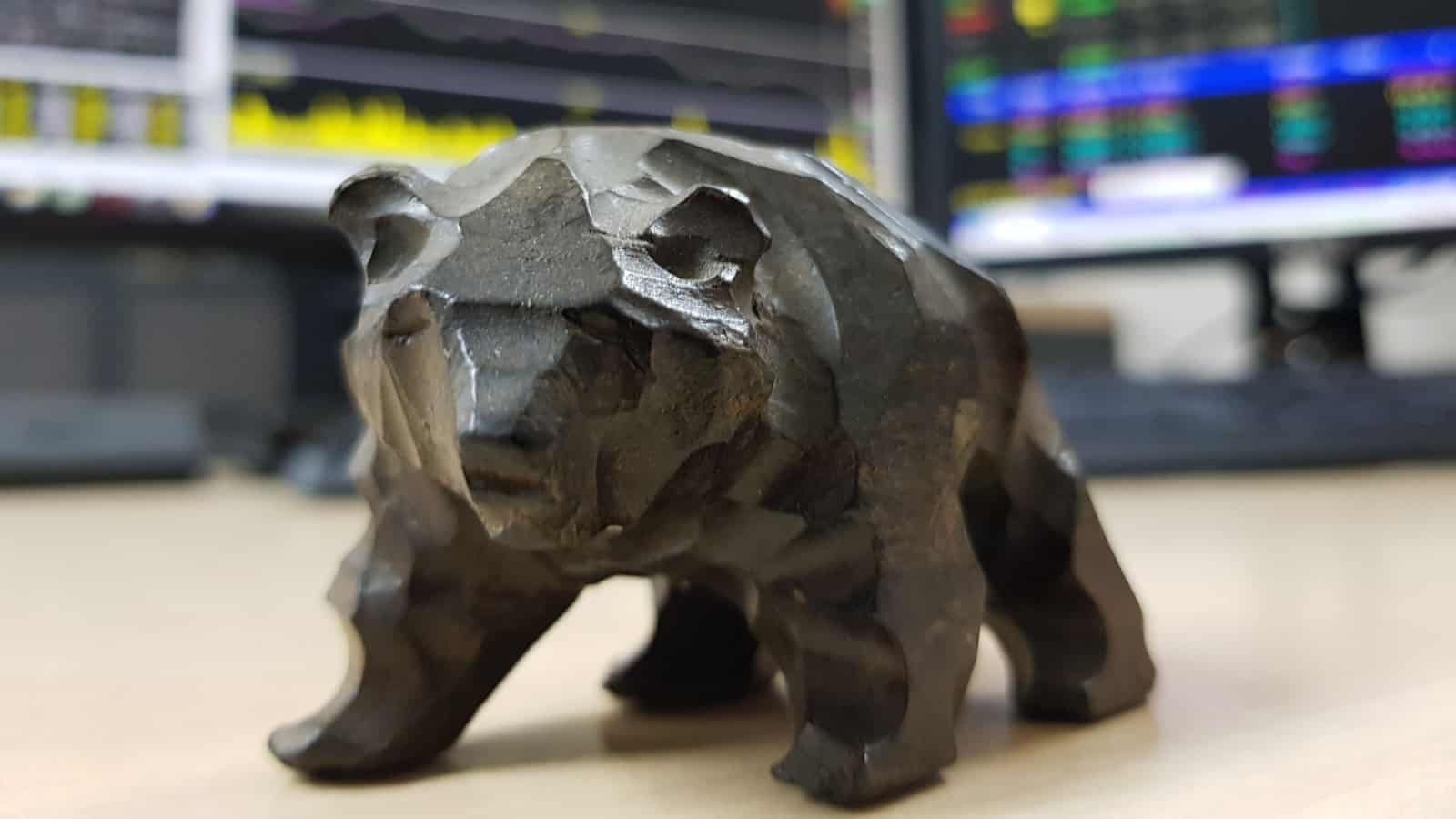According to Warren Buffett, the first rule of investing is: don’t lose money. But in a bear market, that’s easier said than done.
The Berkshire Hathaway CEO has shown many times, though, that falling share prices don’t have to mean big losses. Here are four of Buffett’s most important principles to avoid losing money in a downturn.
Don’t look
The first piece of advice is to avoid looking at share prices too often. According to Buffett, investing isn’t about predicting stocks going up and down – it’s about evaluating the underlying business.
Buffett points out that someone who bought a house to rent out wouldn’t worry about what the resale price was every day. They’d focus on the rental income that it was generating.
So instead of looking at how a company’s stock is doing, focus on how much money the business is making. If it is doing well, then a fall in the price of its shares is not necessarily something to worry about.
Stay patient
It’s also worth noting that bear markets don’t last forever. Throughout history, there have been various falls in share prices, but things have often worked out eventually for those who stayed invested.
As Buffett, says, the stock market is a device for transferring money from the impatient to the patient. It can be tempting in a bear market to sell shares before they fall further, but this is usually a bad idea.
In a bear market, one of the best things to do can be to wait. Avoiding selling in bear markets is one of the most effective ways of protecting an investment portfolio.
Don’t overcommit
In order to wait out a bear market, though, it’s important to only invest money that can be left for a long time. Otherwise, there’s a risk of having to sell at a loss to meet an expense when prices are low.
As Buffett puts it ‘if you aren’t thinking about owning a stock for 10 years, don’t even think about owning it for 10 minutes.’ Following this advice allows investors to hold on during market downturns.
Another way of putting the point is that investors should only buy shares they’d be ok holding if the stock market closed for a decade. This prevents them losing money by selling in a bear market.
Stay disciplined
The best way to try and limit losses in a bear market is to invest well in the first place. That means researching investments thoroughly and sticking to opportunities where the company’s outlook is relatively predictable.
Risk, according to Buffett, is increased by not knowing what you’re doing. So one of the best ways to minimise it is to find out as much as possible about the business, how it works, and its competitors.
This doesn’t guarantee investing success – everyone makes mistakes and some things are just unpredictable. But avoiding companies that are hard to understand is a good way to limit the potential for losing money.







